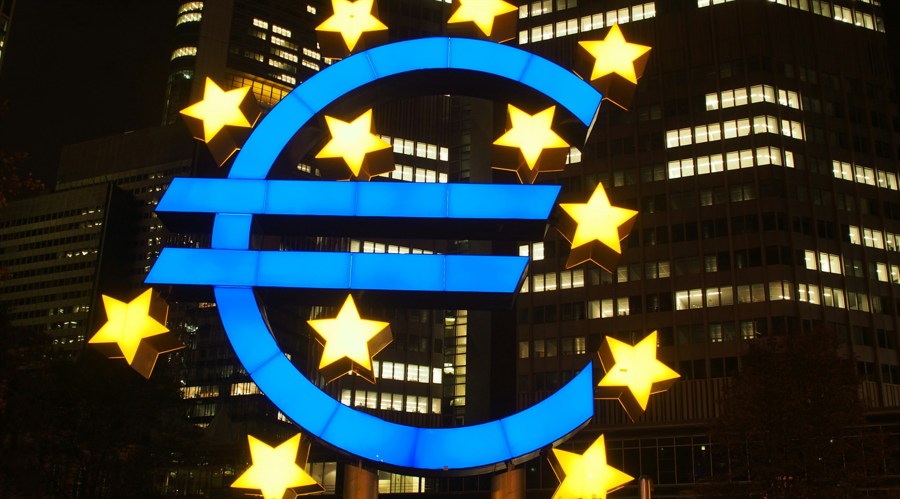The European Central Bank (ECB) is now advancing its digital
euro project, hoping to restore control over retail payments while enabling
innovation in both consumer and wholesale transactions.
In a speech by Piero Cipollone, a Member of the ECB’s executive board, the initiative reflects mounting concerns that Europe’s reliance on non-EU payment platforms threatens its financial independence and its ability to shape the future of money.
The Decline of Cash and the Case for a Digital Euro
The ECB has acknowledged a
visible shift in consumer behaviour: while cash once served as the anchor of
everyday transactions, its role is rapidly fading. In 2023, only 24% of retail
payments in the euro area were made using cash.
Meanwhile, foreign digital payment services like
PayPal, Apple Pay, and Alipay dominate much of the digital landscape, with
almost two-thirds of euro area card transactions processed by non-European
providers.
Read more: Coinbase Refuses $20 Million Ransom After Hackers Breach Customer Data
The digital euro would act as a secure, universally
accepted currency in digital form. It would offer offline functionality,
privacy similar to cash, and legal tender status. Cipollone emphasized that
consumers want it, pointing to surveys showing growing interest across member
states.
The ECB sees the digital euro not just as a monetary
tool, but as a way to rebalance the relationship between European merchants,
banks, and foreign platforms. By introducing a digital euro, the ECB aims to support
European payment providers in scaling their offerings across borders.
Digitizing Wholesale Finance With DLT
While retail payments have received most of the public
attention, the ECB is also preparing for sweeping changes in wholesale finance.
Here, the focus is on integrating distributed ledger technology (DLT) and
tokenisation into financial markets.
The ECB’s existing systems—like TARGET2 and
T2S—already settle the vast majority of wholesale transactions. However, new
technologies offer opportunities to streamline trading, settlement, and custody
into a single, 24/7 infrastructure.
Tokenised assets and programmable money could enable
new business models and lower costs, especially for smaller market
participants.
Last year, the ECB conducted a trial with 60 market
participants to settle wholesale transactions using DLT. Over €1.6 billion was
processed during the six-month test—more than any similar initiative globally.
Cipollone stressed that building an efficient,
resilient, and innovative financial ecosystem requires cooperation from across
the market. The ECB has begun work on a single rulebook for the digital euro
and continues to engage stakeholders from banking, fintech, and merchant
communities.
This article was written by Jared Kirui at www.financemagnates.com.
Source link


